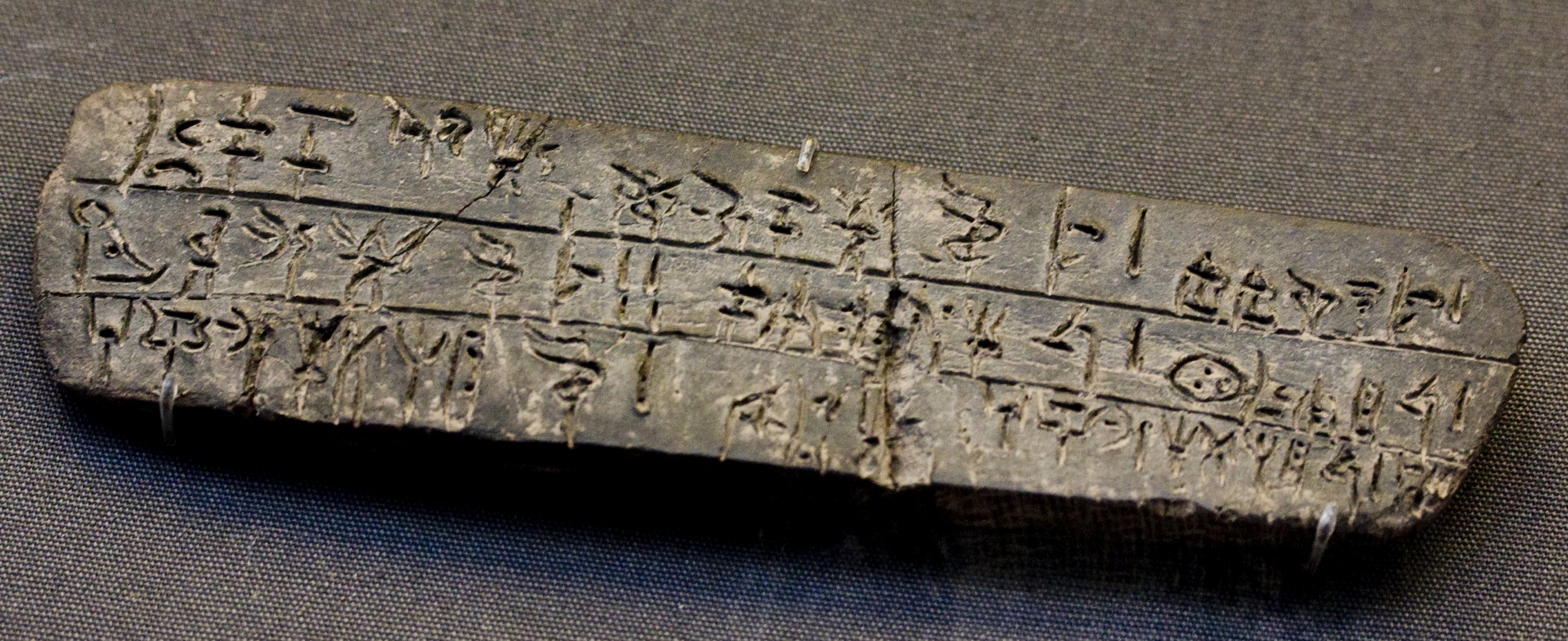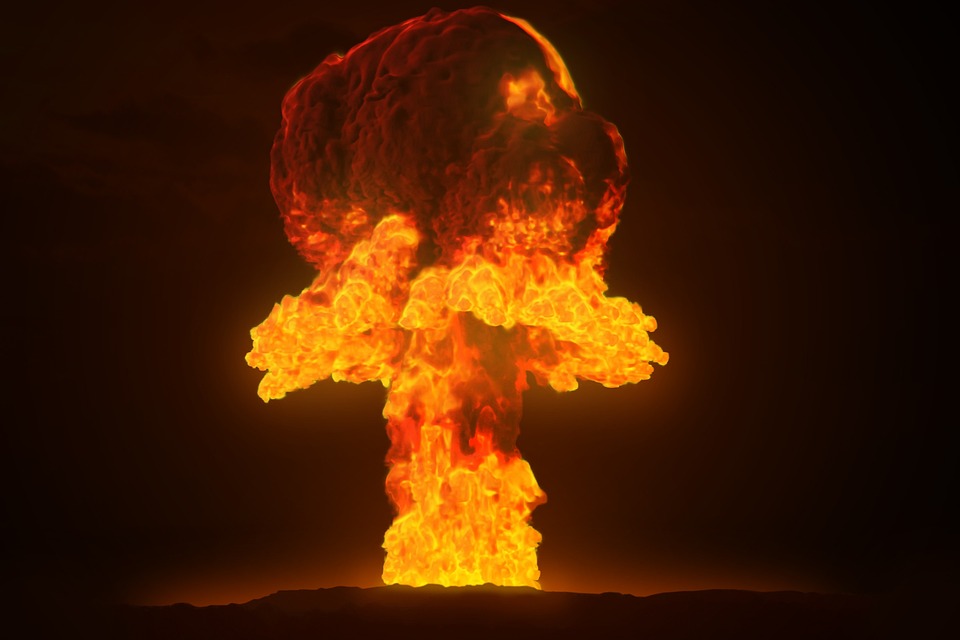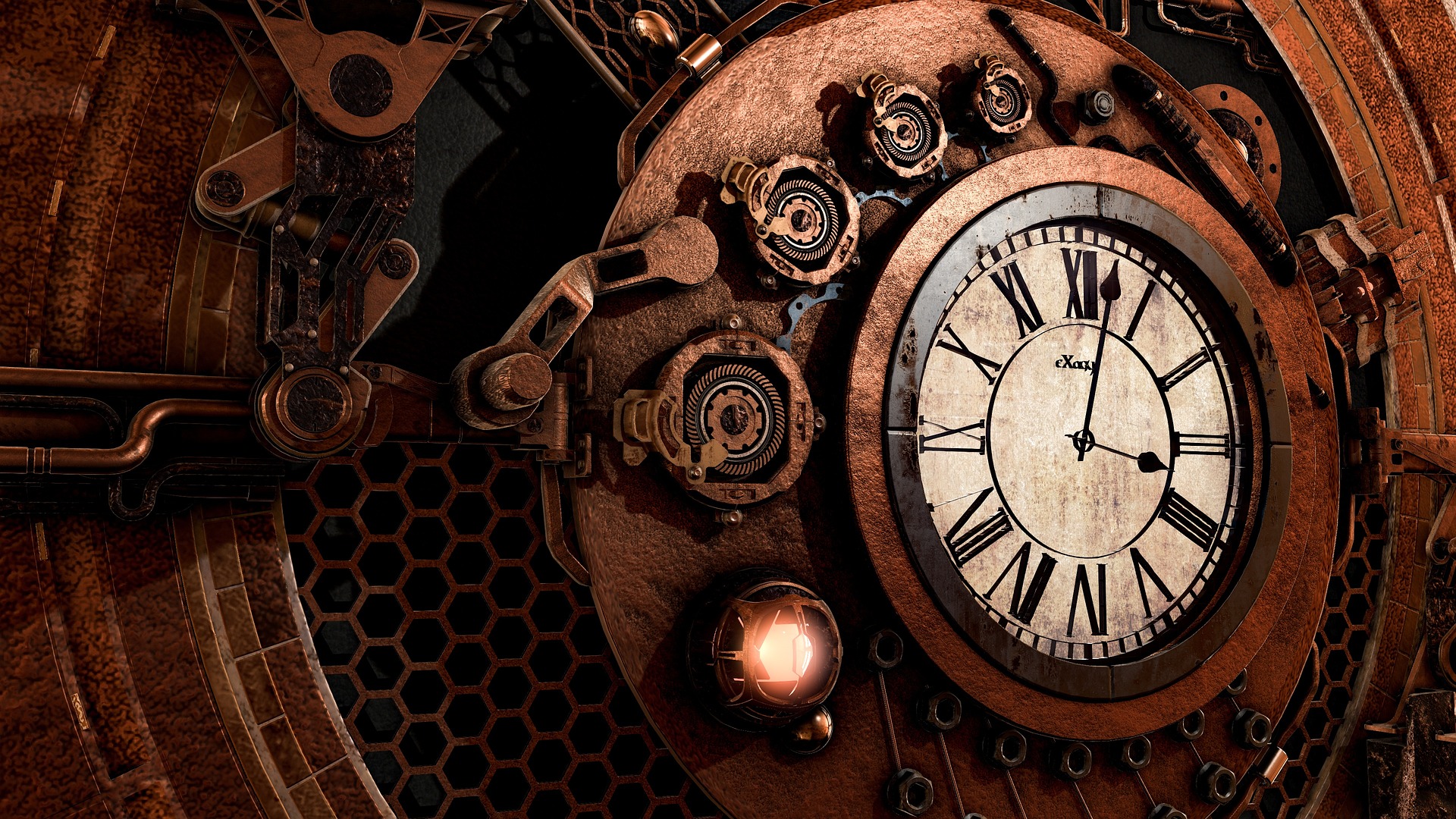ATTORNEY’S NOTE:
I have been practicing in the area of Intellectual Property for a very long time and most people think – erroneously – that IP refers to our world of high-tech devices and supercomputers. Not so. Intellectual property encompasses the products of our imagination which not only includes microchips and biocomputers but old-fashioned inventions, the printing press, and even the crude tablets fashioned by ancient civilizations.
Most scientists believe that the cognitive abilities of the human brain have not changed in 30,000 years. The difference between the members of our species hunting down Mastodons with spears and ICBM’s is the quantum leaps in IP over a relatively short period of time.
All of this reinforces the critical importance of IP and what would happen to all of us if it suddenly disappeared in smoke, or should I say… a radioactive cloud preceded by a blast of EMP.
This is an article by the head of the Turing Technology Group ™ practice which is set up to rapidly evaluate the IP protection necessary to safeguard our clients’ inventions whether hardware, software, machine learning or even wetware from attack by third parties seeking to misappropriate the new technology. We are ready to protect and implement whether the solution requires an accelerated provisional patent, utility patent, or copyright protection.
Read on!
We are not brought into this world with knowledge preordained. We all start from a base level of zero. We must acquire information about human culture, science, and the arts in a grueling process which proceeds from our perception of first awareness and critically, the ability to interconnect ideas with language. The great philosopher, John Locke, referred to the primary human condition without exposure to preexisting culture as a blank slate or tabula rasa.
“Let us then suppose the mind to be, as we say, white paper, void of all characters, without any ideas:—How comes it to be furnished? Whence comes it by that vast store which the busy and boundless fancy of man has painted on it with an almost endless variety? Whence has it all the materials of reason and knowledge?”
The seemingly endless variegation of the “boundless fancy of man” had humble beginnings, indeed. The world’s first customer complaint is almost 4,000 years old. Further, around approximately 1500 BCE the oldest known Greek dialect – referred to as Linear B – emerged as written by the ancient Mycenaean Greeks.

Go back further still to 4000 BCE, and the first numbers appeared in Sumerian civilization. The catalyst for all of this writing and arithmetic was the very origin of the first human settlements traced back to 21,000 BCE. It was there that the Ohalo II people created the first settlements and then set out to invent agriculture. A great detour from the common slate – a circulation lost in the vagaries of time.
As we descend deeper into the mists of human development, we follow the meanderings of those who emigrated from the African continent approximately 300,000 years ago, although the accuracy of this supposition is still debated.
The takeaway, however, is that these people did not merely resemble us – they were US down to the minute details of DNA. However, what they lacked was any resemblance to modern culture and the hustle, bustle, and toxicity of our “Modern Times”
Our ancestors could easily pass for a contemporary urbanite after a nice makeover, suave hairstyle, and shopping spree at a trendy Manhattan clothier. Slap on a spacesuit and a quick ride on the SpaceX Dragon to the International Space Station, where no one would know the difference. Of course, these space imposters would have a hard time carrying on a meaningful conversation or any oral communication for that matter. Tabula Rasa is truly an empty slate and a place to begin again for humanity.
Of course, John Locke, in all of his brilliance, could not anticipate that what he termed as the “vast store” of human knowledge which populated the once bleak tabula rasa could once again degrade to nothingness, to an Alzheimer-like state, or more benignly – the “blank slate” revisited. And that is what an all-out nuclear exchange would bring to humanity.
A global nuclear exchange would not only destroy and possibly cause the extinction of us, but our human culture and all of the knowledge and Intellectual Property painstakingly acquired over the eons give or take a few decades. A few steps back and everything disappears into darkness including computers, physics, modern medicine, antibiotics, transportation, communications, and information as basic as world geography.

The very history of America would fall into the radioactive abyss or pulverize under the shock of massive pressure bursts in the wake of nuclear explosions. All traces would be gone including the great wars of the 20th Century, the Civil War and its heroes, and the Founding Fathers themselves along with their brilliant works – the Declaration of Independence and Constitution. America and its cherished history would be no more.
Add to the list of obliteration all of the books ever written – 130 million, total data stored online – 33 zettabytes, and all the computers in the world upon which this data could be accessed – 2 billion. Oh, forget about your Facebook account and all of the family pictures stored in the so-called clouds. It would all be gone.
Our cherished stored knowledge is terribly vulnerable as paper books would ignite in the initial radioactive fireball. All data stored would vanish and be extinguished by EMP. Erasure would be instantaneous and total. There would be no physical record of any prior human knowledge.
Surviving cities and the physical evidence of how we lived would collapse and eventually be overtaken by a resurgence of nature assuming it could survive Armageddon. Our great structures would literally tumble and be replaced by resurgent plant life or some radioactive variant. The cherished vestiges of modern habitation would be shrouded in jungle debris. We would go the way of the Maya, Aztecs, and other ancient societies.
The survivors of a nuclear war could potentially hold on to pockets of knowledge preserved in an anti-EMP environment. These people would be the repository of Human Culture and could use that knowledge to control and exploit the last remnants of the human population. In such a post-apocalyptic world, the “haves” could physically exploit the “have nots” as predicted by H.G. Wells in his brilliant work – the Time Machine. As H.G. Wells surmised in his seminal work, some of us might stay on the surface and others below to survive. The society of the exploited and cannibalized would be the Elois, and the scavenges below – the Morlocks.

Of course, the likelihood is that mankind would not survive at all or reach such small numbers that DNA defects in a process known as “population bottleneck” would overtake our species. We could be beset with genetic abnormalities due to the lack of diversity. Those who miraculously survived could fall victim to horrible disease or madness – or worse.
All in all, not a happy ending for Us. Of course, this platform would be obliterated in the first onslaught of EMP, and all of its content reduced to the computer pablum of zeros and ones, a most basic concept soon to be lost.

